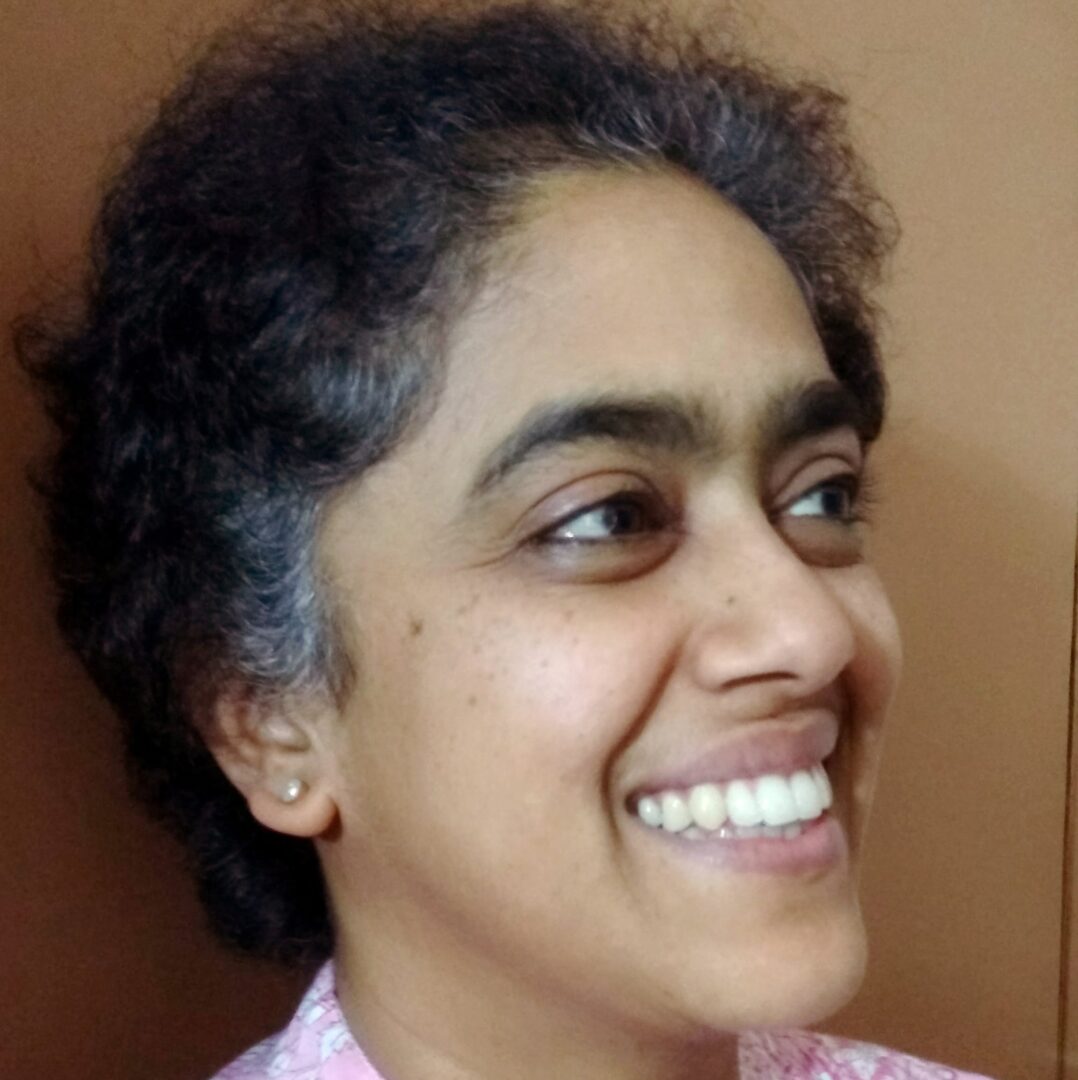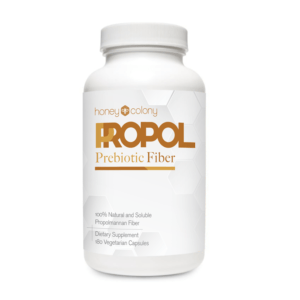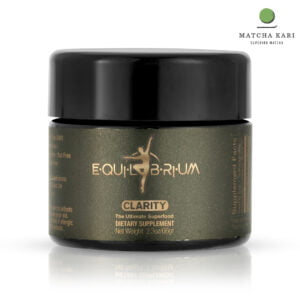Sharing is caring!
As the world continues to battle the pandemic, the key question being asked is how zoonotic diseases (infectious diseases caused by viruses that transfer to humans from animals) will forever change how we eat and what we eat. A report released in December 2020 says that food-borne parasitic diseases in recent years are a result of changing eating habits, among other factors. With issues like the avian flu and swine flu becoming far more commonplace, meat-eaters are in a fix as well.
So, is there an answer? Well, yes, the Flexitarian Diet could strike that balance.
Understanding The Flexitarian Diet
A flexitarian diet offers a balanced meal with ingredients that are sourced locally and grown naturally. When following this diet, include multi-colored fruits and vegetables to ensure all different phytonutrients required to maintain proper health are consumed. “Grains are to be minimized and it’s advisable to stick to no more than two grain meals per day so that the calorie intake also can be watched,” explains Dr. Manoj Kutteri, Wellness Director at Atmantan Wellness Centre.
Vaibhav Garg, Sports and Clinical Nutritionist & Founder of Purecise, an online nutrition brand, adds:
In a flexitarian diet, plant-based foods dominate the daily diet, with animal-based foods being consumed in very moderate quantities from time to time. It’s great for people who want to start consuming more plant-based foods as opposed to animal-based foods but aren’t able to give them up at once. It’s a ‘flexible’ version of the vegetarian/vegan way of eating.
This diet is suitable for meat-eaters, as the idea is to get started in a gradual manner by adding more vegetarian options to their daily diet. Dr. Kutteri warns:
It’s also important to add more meat substitutes such as plant-based proteins in their diet. Vegetarians are prone to certain nutritional deficiencies. If not mindful of combining a balanced meal option, some of the essential nutrients can also be taken until we are comfortable with the flexitarian diet pattern.
You have to choose wisely. Instead of opting for packaged meat products, choose free-range meat and organic meat. This will decrease the impact of any unintentional virus transfer.
Advantage Factor
Naturally, there is much talk and research that indicates a flexitarian diet is indeed beneficial. The flexitarian diet is highly recommended for diabetics as it’s very low on the glycemic index and is rich in fiber. Since the diet suggests the use of healthy fats such as monounsaturated and saturated fats, it’s anti-inflammatory in nature. The added fiber that comes from vegetables and fruits also helps maintain the sugar level at an optimum level.
A flexitarian diet is highly recommended for weight loss as well. Since the calorie intake is restricted, it won’t supply more calories than what’s needed for the body. An added advantage is that the flexitarian diet is also heart-friendly. Plant-based food provides the necessary antioxidants and phytonutrients needed for managing blood pressure and cholesterol.
Garg opine:
This lifestyle change (flexitarianism is more a lifestyle change than a diet) seems to be the ideal starting point for meat-eaters. They can reap the benefits of eating whole plant-based food, and at the same time indulge in the meats. It would be beneficial if they start making the transition through the flexitarian way. Ideally speaking though, a diet consisting of completely plant-based whole foods is the way forward for a disease-free long life.
Success Stories
Take the example of Grusha Khanna, Assistant PR Manager of Media Corridors, a Public Relations and Digital Marketing Consultancy Company. She realized in 2019 that she had gained a lot of weight because of eating junk food with no exercise and weighed 154 lbs (70 kgs). At 22, she quickly scoured Instagram to find dieticians, but realized she wasn’t too sure whether she would be able to follow their diets.
And I didn’t want to waste my money as all of them were charging heavily. Being a foodie, I used to eat a lot of potato dishes and rice and I dreaded to go on a diet that would make me stop eating what I loved. That’s when I came across Dietician Gauri Anand’s profile, and she was charging me Rs 1000 (approximately $14.3) per month. My birthday was around the corner, and I really wanted to lose weight so I decided to give it a shot. Gauri told me that while dieting, I didn’t need to give up what I loved, rather she made me change the proportions.
In a year, Khanna lost 17 lbs. (8 kilograms) and doesn’t crave junk food as she has other delicious substitutes. “My flexitarian diet helped me shift from rice to wheat and I’ve started eating salads too,” says Khanna.
Eat Right
With an emphasis on eating local and seasonal, plant-based diets of this nature are more sustainable and have less impact on the environment. They use fewer natural resources such as water for their production and have a lower impact on the environment. In addition to consuming abundant water resources, livestock farming also contributes to water pollution and damages the ecosystem. Meat-based dieting also impacts the environment due to the increased emission of greenhouse gases. This is considerably reduced when there is a shift towards plant-based or flexitarian diet forms.
Another case is that of a middle-aged lady who was suffering from itchy skin lesions. The lesions were soon diagnosed as psoriasis. She was admitted to Atmantan Wellness Resort for three weeks. Her high meat intake and erratic lifestyle were replaced with a flexitarian diet approach. Nutritionists changed her diet and focused on an increased intake of vegetables and fruits along with fasting using natural prebiotics. Some eliminative procedures were conducted to detox and improve her gut health. After three weeks, most of her skin lesions disappeared. Plus she had better control over her sleep issues and energy levels.
Plant Factor
There is no better way to maximize your body’s potential than by altering eating habits. “Over the years, we have reversed type-2 diabetes, fatty liver, and even heart disease with whole plant-based eating. Professional athletes have benefited greatly from our advice. Not only do their recovery times reduce, but they have also seen a massive improvement in their performances on the field and at training. Plant-based foods have an anti-inflammatory effect. Our food is the real medicine, and the sooner we realize it on a worldwide level, the better it will be for the population,” says Garg.
A whole plant-based diet has many subscribers, from cricketer Virat Kohli; tennis players Novak Djokovic and Serena Williams; and racer Lewis Hamilton. If you need more inspiration, even Chris Hemsworth adopted this lifestyle to bulk up for his role as Thor. So, are you ready to make a switch and flex your diet?
Food groups for plant-based diet in order of nutritional preference:
- Vegetables (cooked and raw)
- Nuts
- Dry Fruits
- Pulses & Legumes
- Healthy Fats
- Fruits
- Millets
- Grains & Cereals
While diets may have typically been associated with weight loss, flexitarian diets are all about giving your health a boost. And doing it with flexibility, step-by-step, is what makes a Flexitarian Diet work well for all.

Bindu Gopal Rao is a freelance writer and photographer based in Bengaluru, India. She write across a variety of topics and documents her work on BinduGopalRao and on Instagram @bindugopalrao
Submit your story or essay to Buzzworthy Blogs.
-
 AGEless Defense: Anti-Aging Supplement
AGEless Defense: Anti-Aging Supplement -
 Propol Prebiotic Fiber$50.94Rated 5.00 out of 5 based on 2 customer ratings
Propol Prebiotic Fiber$50.94Rated 5.00 out of 5 based on 2 customer ratings -
 Equilibrium Clarity: Limited Edition w/ Premium Japanese Matcha Kari$59.95 – $165.50Rated 5.00 out of 5 based on 1 customer rating
Equilibrium Clarity: Limited Edition w/ Premium Japanese Matcha Kari$59.95 – $165.50Rated 5.00 out of 5 based on 1 customer rating




